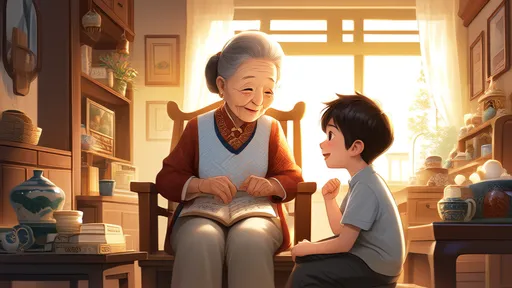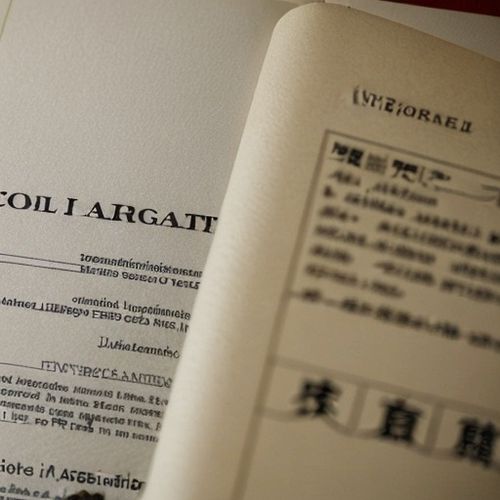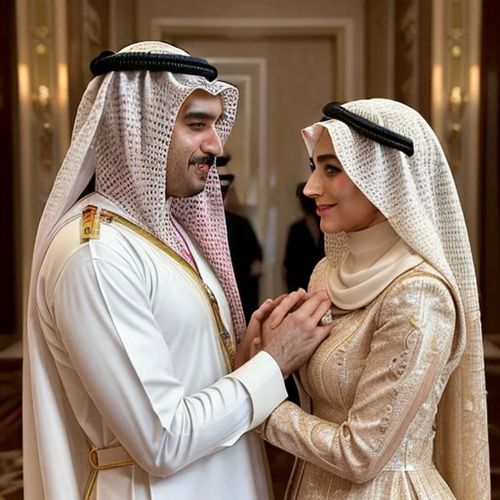In the labyrinth of modern relationships, many find themselves trapped in a cycle of emotional exhaustion—a phenomenon often described as "chronic bleeding" of the heart. Unlike the dramatic collapses of toxic partnerships, this slow drain of vitality is subtle, often mistaken for commitment or even love itself. The line between devotion and self-erasure blurs until one morning, you wake up hollow.
The insidious nature of this emotional anemia lies in its camouflage. It wears the face of compromise, speaks the language of understanding, and walks in the shoes of patience. Partners justify their diminishing returns on emotional investment with phrases like "relationships take work" or "nobody's perfect," not realizing they're reciting the mantras of their own depletion. The heart keeps giving, but the ledger never balances.
Cultural narratives have conditioned us to romanticize suffering in love. From tragic operas to binge-worthy dramas, we've been taught that true love tastes like salt—equal parts tears and sweat. This mythology transforms red flags into valentines, making martyrs out of lovers who confuse endurance with intimacy. The compass needle spins wildly between what we feel and what we know.
Neurologically, this pattern mirrors addiction. The intermittent reinforcement of occasional affection creates stronger hooks than consistent devotion. Like slot machine players conditioned to anticipate payouts, partners become biochemically addicted to crumbs of connection amidst stretches of emotional fasting. Dopamine deserts make even meager displays of attention taste like feasts.
Language itself betrays us in these scenarios. We speak of "falling" in love as if it's an accident, a loss of control. The metaphor suggests love happens to us rather than being something we consciously choose and shape. This linguistic framing creates passive participants in their own relationships, waiting to be saved or broken rather than actively co-creating.
The body keeps score when the mind rationalizes. Chronic tension, digestive issues, or recurring illnesses often manifest when we override our boundaries too frequently. These somatic signals represent the whispered protests of our deeper wisdom against the shouted justifications of our attachment fears. The flesh archives what the heart cannot bear to acknowledge.
Financial metaphors prove surprisingly apt in diagnosing relational health. Emotional capital differs from monetary currency in one crucial aspect—it compounds when invested wisely but never recovers when spent recklessly. Too many partners treat their emotional reserves like unlimited credit rather than precious seed corn. The interest rates of resentment climb stealthily.
Modern relationship advice often focuses on communication techniques or conflict resolution, missing the forest for the trees. The core issue isn't how partners discuss problems, but why they tolerate circumstances requiring such frequent damage control. Like teaching better breathing techniques in a smoke-filled room rather than addressing the fire.
Digital age complications amplify these patterns. The constant availability promised by messaging apps creates unrealistic expectations of perpetual connection. Partners mistake response speed for devotion, and typing bubbles become emotional lifelines. The ping of a notification triggers the same neural pathways as a gambler hearing slot machines pay out.
Recovery begins with reclaiming the vocabulary of choice. Replace "I can't leave" with "I choose to stay for now." This linguistic shift, though subtle, rebuilds the muscle of agency atrophied by learned helplessness. Each small assertion of preference—from what to eat for dinner to when to end a conversation—serves as resistance training for the will.
The myth of the "finished project" relationship obscures reality. Healthy partnerships aren't static achievements but dynamic processes—less like sculptures and more like gardens requiring seasonal attention. This fluid perspective allows for natural shifts in investment levels without triggering abandonment panic.
Ultimately, the antidote to chronic emotional bleeding isn't found in better relationship strategies but in renewed self-friendship. The quality of our connections mirrors the relationship we maintain with ourselves. Partners who've ceased listening to their own rhythms can't possibly dance in sync with another. The music was inside us all along.

By /Jun 17, 2025

By /Jun 17, 2025

By /Jun 17, 2025

By /Jun 17, 2025

By /Jun 17, 2025

By /Jun 17, 2025

By /Jun 17, 2025

By /Jun 17, 2025

By Sophia Lewis/Apr 19, 2025

By Elizabeth Taylor/Apr 19, 2025

By James Moore/Apr 19, 2025

By Rebecca Stewart/Apr 19, 2025

By Ryan Martin/Apr 19, 2025

By James Moore/Apr 19, 2025

By Sarah Davis/Apr 19, 2025

By George Bailey/Apr 19, 2025

By James Moore/Apr 19, 2025

By Amanda Phillips/Apr 19, 2025